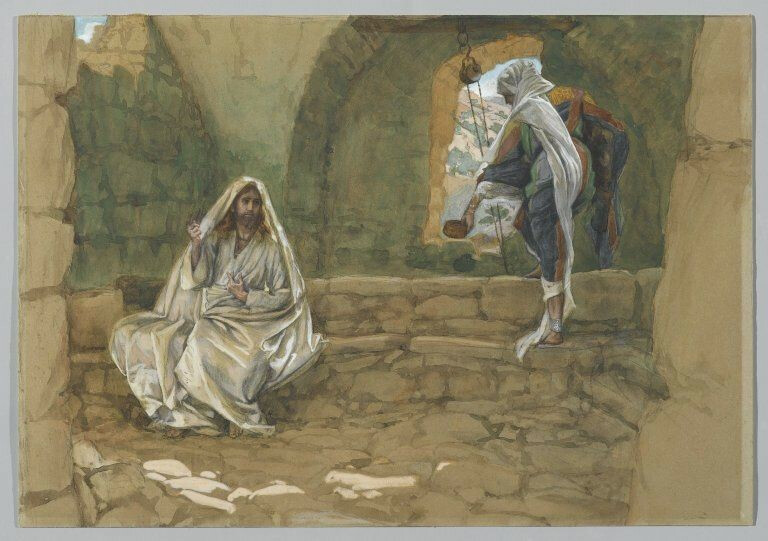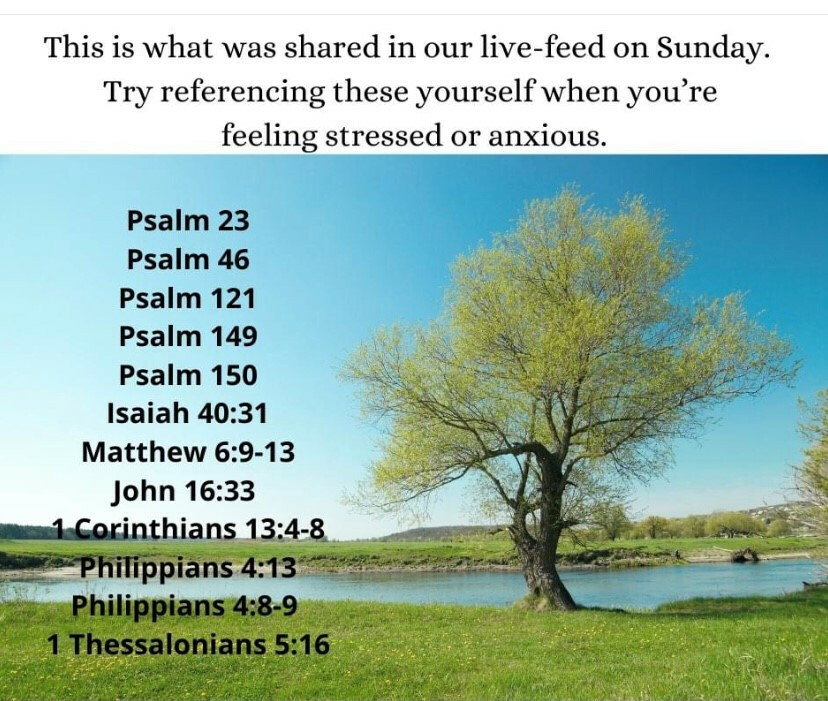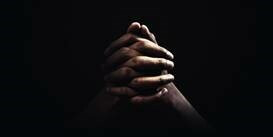Shaking Off Dust
In this past Sunday’s service we focused on the passage Mark 6:7-13. In it, Jesus sends the disciples out as extensions of himself; to be his representatives in the world. He gives them instructions about what to do and what to take with them, and we are told the ways in which they are successful. But he also tells them what to do if things do not go well for them. “If any place does not welcome you and they refuse to hear you, shake off the dust that is on your feet as a testimony against them” (v. 11).

Clearly this sounds pejorative and punitive. Any time the words “testimony” and “against them” are used in the same sentence it is hard not to come to that conclusion. And yet, there is a significant spiritual “silver lining” that may be embedded in these words.
Rabbis, in ancient days, were not only teachers of the Law, they were highly esteemed figures. They would invite students to come and learn the sacred teachings of God from them. When students accepted, they would leave home and literally follow the Rabbi everywhere he went. They would live with other students near the Rabbi. The world could be the Rabbi’s classroom. He could use any every-day situation or place to teach a biblical lesson to his students who, as was said, followed him wherever he went. The students could only hope to soak up as much knowledge, experience and expertise from the Rabbi as possible. For this reason, there was a blessing that families would impart upon the young boys invited by the Rabbi to follow him and it was this: May the dust of the Rabbi be upon you. That is, may you follow the teacher so closely that the dust kicked up from his sandals settles upon you. Dust, in this sense, represents the very presence of the Rabbi to which one would always desire to be near.
Too often, we see judgment – or “testimony against” – as a license to end a relationship. Someone doesn’t “get” what we are doing and it is our privilege to write them off; “shake off dust” against them. Yet, if dust represents the presence of the Rabbi – the presence of Christ; the presence of God - then this verse takes on new meaning. Even when we are fed up with someone and want to “write them off,” the presence of Christ is still there. The invitation to be transformed has not been removed from them, even though our presence may be.
I wonder how our attitudes toward others might be impacted if we thought about “shaking off dust” in this way.



